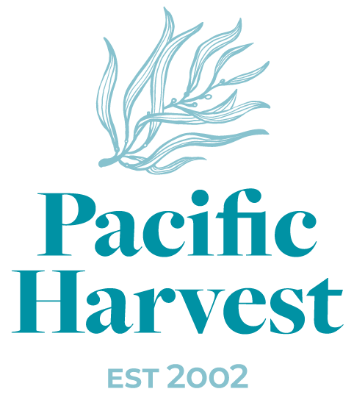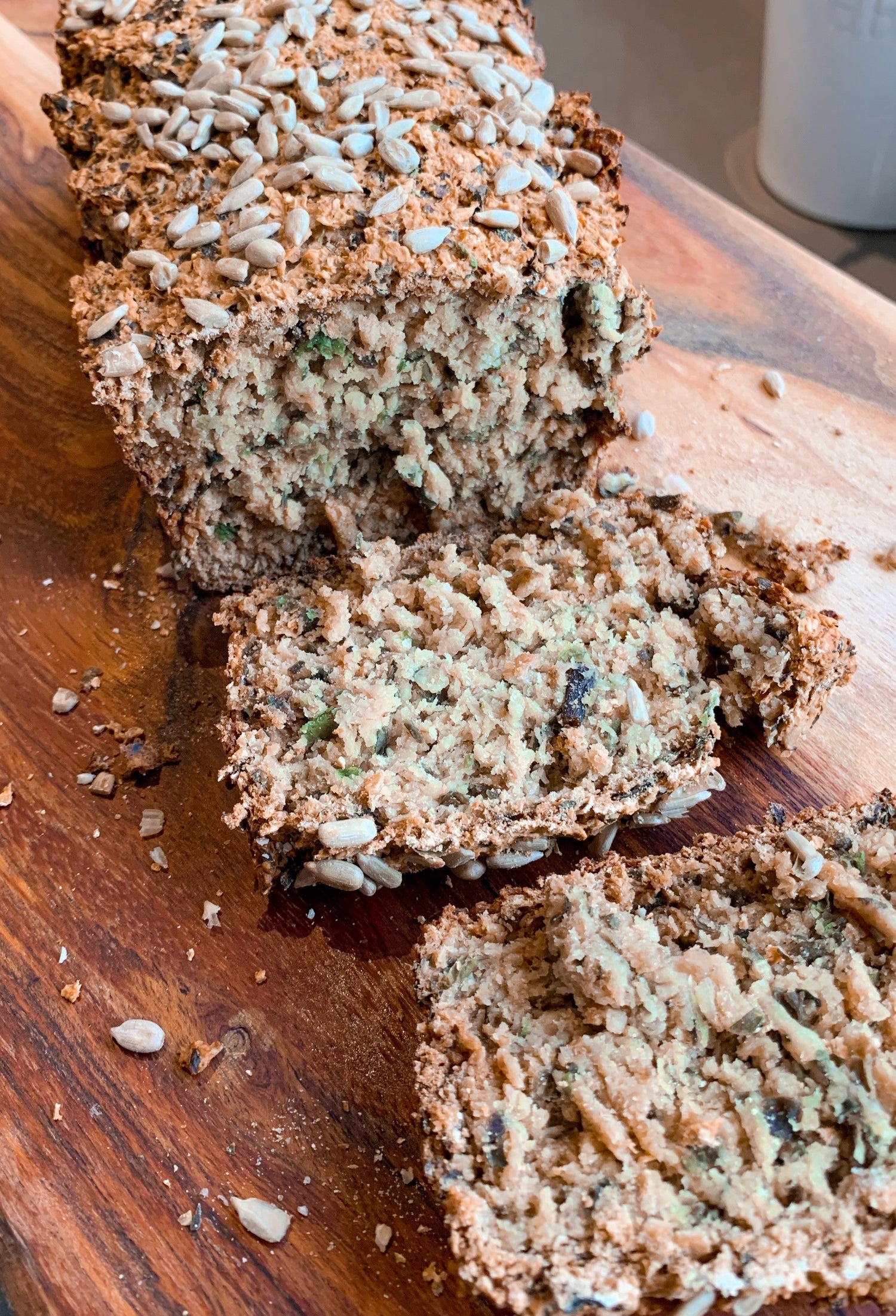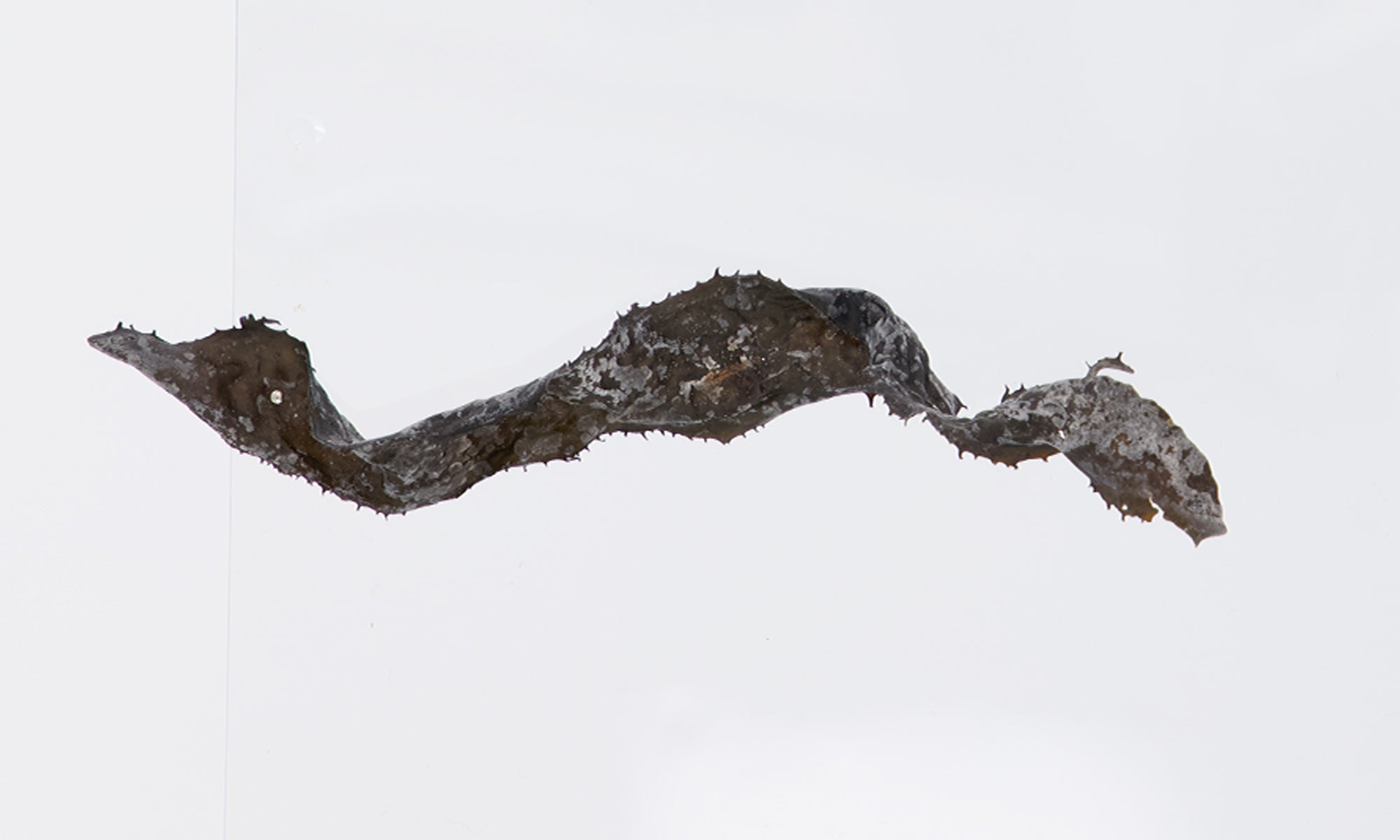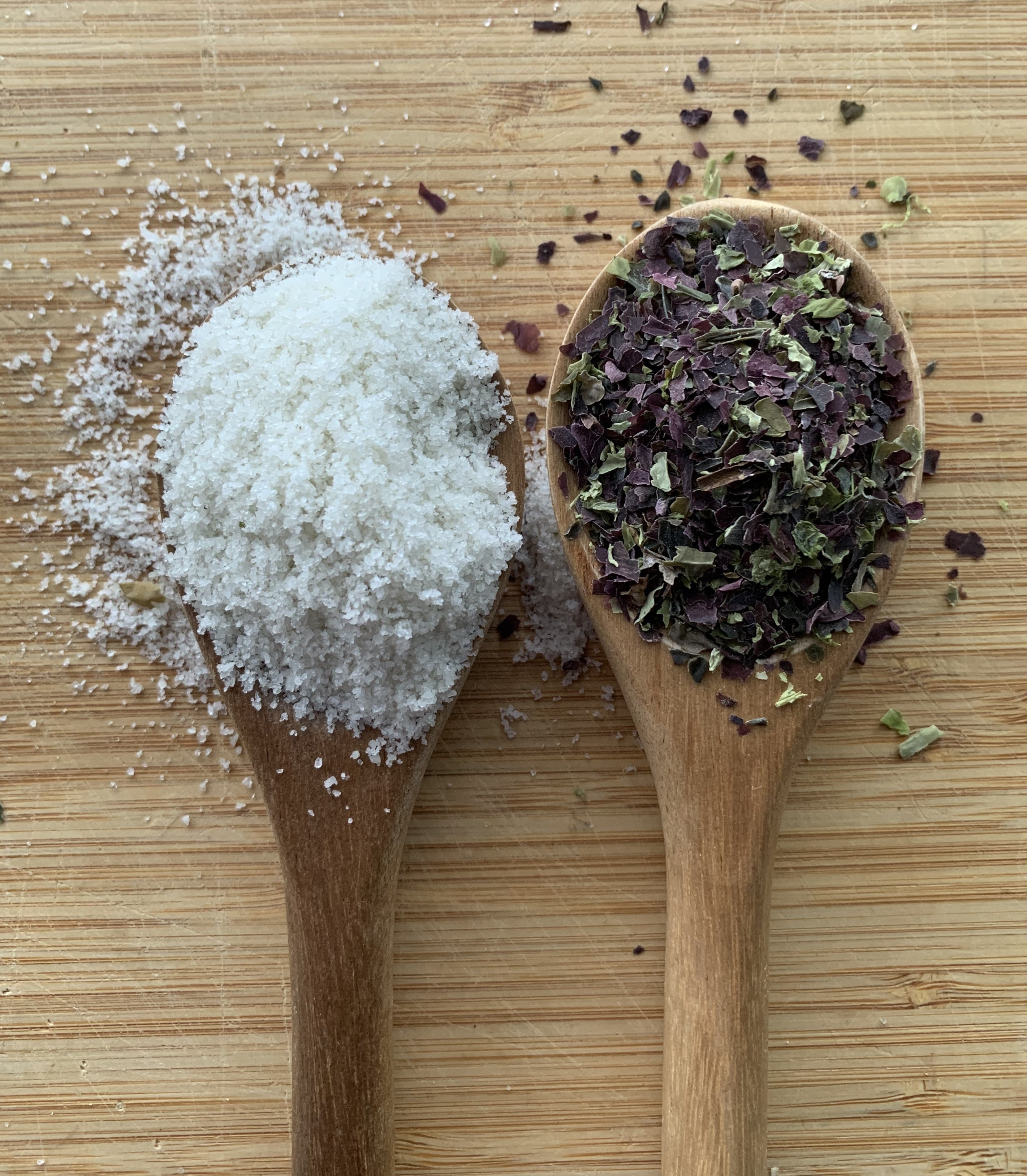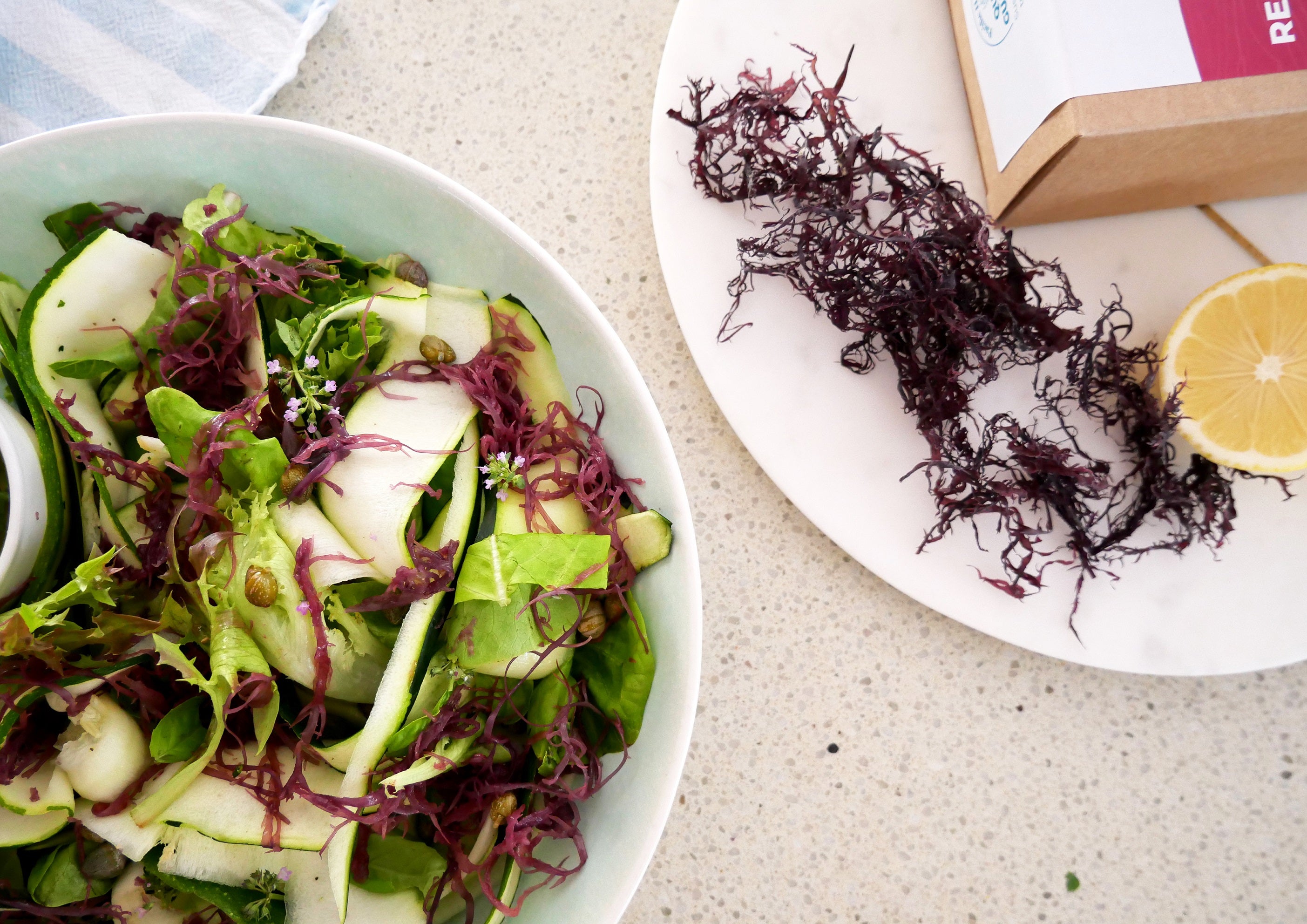Coeliac disease is an autoimmune disorder that affects millions of people worldwide but even larger numbers of people find they may just be sensitive to gluten, suffering an adverse reaction to gluten, a protein found in wheat, barley, and rye.
For those living with coeliac disease, adhering to a gluten-free diet is crucial. While traditional gluten-free alternatives often lack essential nutrients, one often overlooked solution lies beneath the waves - seaweeds – healing to both humans and planet and naturally gluten free. All Pacific Harvest's seaweeds are gluten free accredited by Coeliac New Zealand.
We explore how incorporating a little seaweed into a coeliac-friendly diet can provide a range of benefits while enhancing overall health and well-being. Read our tips on easy ways to incorporate more seaweed into your everyday diet.
Seaweeds are nutritional powerhouses:
Seaweeds, commonly known as sea vegetables, are abundant in essential vitamins, minerals, and antioxidants. These marine plants are a treasure trove of nutrients, including iodine, iron, calcium, magnesium, vitamins A, C, and K, and omega-3 fatty acids. For individuals with coeliac disease, who may experience nutrient deficiencies due to their restricted diet, seaweeds offer an excellent solution to fill those nutritional gaps. Simply adding them as a seasoning alternative to most meals can begin to make a significant difference, supplementing mineral and nutrient deficiencies for coeliacs.
Seaweeds high fibre content can support improved digestive health:
The high fiber content found in many varieties of seaweed can greatly benefit individuals with coeliac disease. Fiber aids in digestion, promotes bowel regularity, and helps maintain a healthy gut microbiome.
Additionally, the soluble fibers found in certain seaweed species can act as prebiotics, supporting the growth of beneficial gut bacteria and enhancing overall digestive health.
Seaweeds have anti-Inflammatory properties:
Coeliac disease is associated with chronic inflammation in the gut. Seaweeds have been studied for their anti-inflammatory properties, thanks to the presence of bioactive compounds like fucoidans and polyphenols. These compounds have shown potential in reducing inflammation and soothing the intestinal lining, which may help alleviate symptoms and promote healing in individuals with coeliac disease.
Seaweeds help to boost immunity:
Seaweeds contain a wide range of antioxidants, including vitamins A, C, and E, as well as flavonoids and carotenoids. These antioxidants help combat oxidative stress, strengthen the immune system, and reduce the risk of chronic diseases. For individuals with coeliac disease, who may be more susceptible to infections and nutrient deficiencies, incorporating seaweeds into their diet can provide a natural immune system boost.
How coeliacs can easily add seaweed to everyday meals
Seaweeds are naturally gluten-free, making them an ideal addition to a coeliac-friendly diet. They can be used as a substitute for traditional gluten-containing ingredients, such as wheat-based thickeners or binders. Try Irish Moss gel or agar powder to thicken sauces and stocks.
Read our suggestions for easy ways to incorporate a little seaweed into everyday meals if you suffer with gluten intolerance or coeliac disease. The umami flavour of seaweed also deepens flavour of food, which for those on restricted diets, can be an absolute joy! Read more about seaweed and umami here.
The inclusion of seaweeds in a coeliac-friendly diet can offer numerous benefits for individuals living with coeliac disease. From providing essential nutrients and acting as a gluten-free alternative to supporting digestive health, reducing inflammation, and boosting immunity, seaweeds truly are a remarkable addition to any coeliac's diet.
Dive into the world of seaweeds and unlock their vast potential in supporting your health and well-being!
Disclaimer: This material is provided for educational purposes only and is not intended as a substitute for professional medical advice, diagnosis, or treatment. This information may not include the very latest research. We encourage you to do your own research and discuss your findings with a qualified health practitioner who can help you validate the outcomes in the context of your specific & individual health situation.
